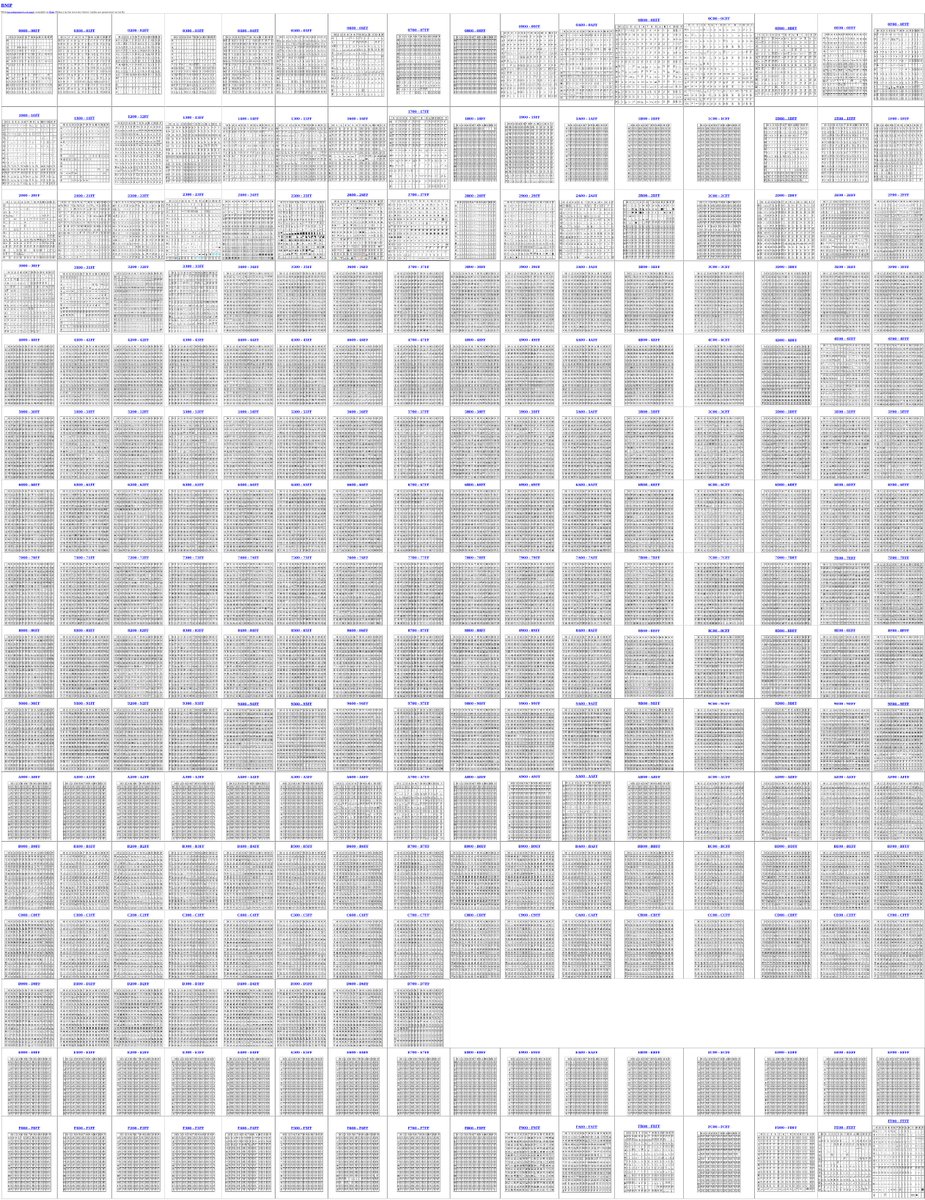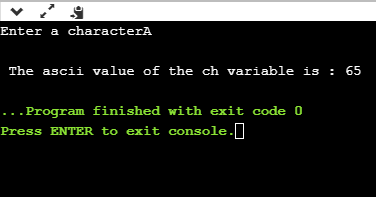

length - an optional length modifier that specifies the size of the argument.followed by * or integer or nothing to specify the precision. Printf method in Java offers a list of options to format the output including strings, numbers, Boolean, date/time, and more. Follow this answer to receive notifications. By casting the char to an integer, you'll get the ascii value. precision - an optional field consisting of a. Try this: char c 'a' // or whatever your character is printf ('c d', c, c) The c is the format string for a single character, and d for a digit/integer.width - an optional * or integer value used to specify minimum width field.Leading zeros are used to pad the numbers instead of space. 0 : It is used for integer and floating point numbers.# : An alternative form of the conversion is performed.space: If there is no sign, a space is attached to the beginning of the result.+ : The sign of the result is attached to the beginning of the value, even for positive results. In this article, we'll take a look at using the execvp() function in C / C++.- : Left justify the result within the field.flags - one or more flags that modifies the conversion behavior (optional).) Ī format specifier has the following parts: The prototype of the printf() function as defined in the cstdio header file is: int printf(const char* format. On Success - the number of characters written.A large number of conversion characters are provided for printing expressions of different types. They occur in a sequence according to the format specifier. The printf function allows the values of argument expressions to be printed in various formats. other additional arguments specifying the data to be printed.


It consists of characters along with optional format specifiers starting with %.
#How to use printf in c for asc code
in the above code signifies you can pass more than one argument to printf(). format is the string that is to be written to the standard output.Here's a list of commonly used C data types and their format specifiers.The syntax of printf() is: printf(const char* format. Output Enter integer and then a float: -3Īs you can see from the above examples, we use Printf("Enter integer and then a float: ") Here's how you can take multiple inputs from the user and display them. When %d is used, ASCII value is displayed When %c is used, a character is displayed If we use %d to display the character, it's ASCII value is printed. Instead, an integer value (ASCII value) is stored.Īnd when we display that value using %c text format, the entered character is displayed. When a character is entered by the user in the above program, the character itself is not stored. We use %f and %lf format specifier for float and double respectively. It is because &testInteger gets the address of testInteger, and the value entered by the user is stored in that address.Įxample 6: Float and Double Input/Output #include Notice, that we have used &testInteger inside scanf(). When the user enters an integer, it is stored in the testInteger variable. Functions in c programming with examples: A function is a block of statements, which is used to perform a specific task. 3f is replaced by the value of the 3rd parameter b. 3f is replaced by the value of the 2nd parameter a. 3f - sets the precision of float variables to 3 decimal places. Here, we have used %d format specifier inside the scanf() function to take int input from the user. In this program, we have used the printf () function three times. The scanf() function reads formatted input from the standard input such as keyboards.Įxample 5: Integer Input/Output #include In C programming, scanf() is one of the commonly used function to take input from the user. To print char, we use %c format specifier. Similarly, we use %lf to print double values. To print float, we use %f format specifier. Here, the %d inside the quotations will be replaced by the value of testInteger.Įxample 3: float and double Output #include We use %d format specifier to print int types. The return 0 statement inside the main() function is the "Exit status" of the program.To use printf() in our program, we need to include stdio.h header file using the #include statement.The function prints the string inside quotations. The printf() is a library function to send formatted output to the screen.The code execution begins from the start of the main() function. All valid C programs must contain the main() function.The function sends formatted output to the screen.

In C programming, printf() is one of the main output function.


 0 kommentar(er)
0 kommentar(er)
